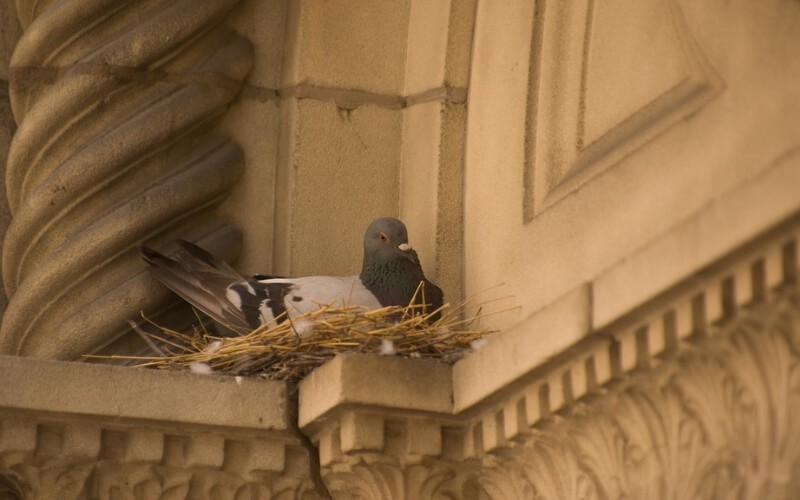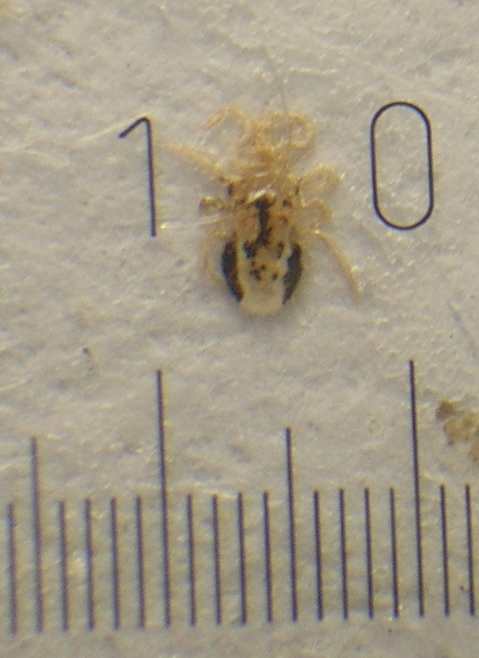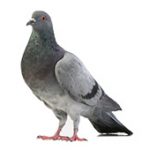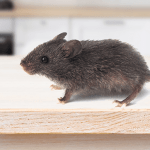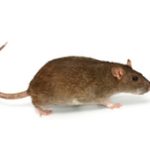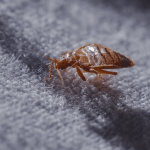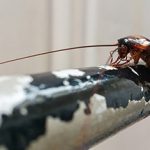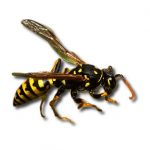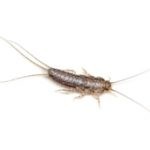How to Keep Pigeons Away From My House
Pigeons may seem harmless, but their droppings, nesting habits, and constant presence can cause substantial property damage and health issues. For a clean and safe environment, it’s essential to keep pigeons from roosting on your balcony, roof, solar panels, or garden furniture.
To keep pigeons away from your property, we explore proven methods, natural repellents, and practical solutions.
Dangers of pigeons nesting on your property
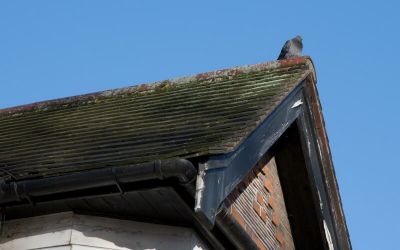
- Diseases – Although pigeons themselves are harmless, they can cause quite a bit of damage to your property, car, and may possibly introduce disease-bearing mites or ticks into your garden and home. As you’ll read below, pigeons aren’t the cleanest of birds. They transmit a host of parasites and diseases through droppings, and dust which goes into buildings through air ducts. Some diseases spread by pigeons are E.coli, Histoplasmosis, Psittacosis, Cryptococcosis and more.
- Droppings – Apart from being airborne parasite carriers, pigeons leave an absurd amount of droppings, which are extremely corrosive. The faeces are highly-acidic, stain the surfaces they’re on and can even increase the speed of deterioration of a structure. The birds won’t spare your car or the new awning you’ve just installed, they’ll foul everything around. Their poop is also extremely sturdy once it dries out and it’s used to reinforce nest construction to make it last throughout winter.
- Debris – Pigeons are quite the producer of feathers and they scatter nesting material all over your property. The mess builds up quickly and is replaced almost as soon as you have finished cleaning it. It may clog gutters, eaves, and air vents causing water build-up.
- Other pests – Besides diseases, pigeons successfully transmit a variety of vermin species such as ticks, bed bugs, lice, and bird mites. And even if the birds leave the nest, the insects may still remain and torture you.
- Noise – Everyone who’s ever had pigeons around for longer will agree that their cooing isn’t as nearly as romantic as movies depict it to be, especially on a Saturday morning.
- Nuisance to gardeners – The pigeon will not hesitate to attack crops, damage plants and produce in search of food. It will also scare off birds and other wildlife from feeders.
How to keep pigeons away from my house
The best way to get rid of pigeons is to survey the exterior of your home and make nesting areas as inhospitable as possible.
Make roosting areas unappealing
- Install anti-roosting spike strips. Choose strategical spots such as window sills and ledges to deter pigeons from landing.
- Tie a string across roosting areas. Strings tied one inch above the nesting areas will make landing uncomfortable for pigeons.
- Install sloping covers to window sills and ledges. If there are no flat surfaces to balance and build nests on, the pigeons will move on to find another place to call home.
- Don’t feed them. Like most animals, if you feed pigeons, they will keep coming back and the abundance of food will also attract others. It is a little-known fact that pigeons are prolific gossipers.
- Get rid of other food sources. Just as with actively feeding them, any readily available food source will have them flock into your home. Make sure that all trash is properly sealed and placed in a bin with the lid closed. If you have a vegetable garden, check the garden deterrence tips below.
Seal all possible entry points
While inspecting the outside of your home for potential nesting areas, pay particular attention to your eaves and attic. Sealing the openings a pigeon might use is a very effective exclusion tactic.
- Seal the attic. If there are any openings big enough for a pigeon to squeeze through, either seal them completely or install a metal wire mesh.
- Cap chimneys. If your home has a chimney, it is a good idea to cap it with a metal wire cage. Pigeons are quite well known for blocking chimneys with their nests. A bird can even get trapped and die inside the chimney.
- Surround nesting areas with mesh or netting. This is recommended if you have an air conditioning unit as pigeons love to build nests on the trays beneath the unit.
- Hire professionals. If all else fails, call the experts. The professional bird control technicians at Fantastic Pest Control have the experience and knowledge to humanely remove nesting pigeons from your home.
How to deter pigeons from your garden
While pigeons are not a typical garden pest, they are more than capable of stripping your garden bare of young plants and fruit. If you want to be able to enjoy the fruits of your gardening labour, you will need to set up a series of bird deterrents.
- Spray them with a hose. This will only work as a deterrent if you can catch the feathered intruders before they start building nests. Spray them with the hose as soon as you see them encroaching on your territory to scare them away. Alternatively, you can buy an automatic water jet that will protect the perimeter from pesky birds.
- Install a scarecrow. There are many types of bird-scaring decoys available, but the most effective ones tend to be those with the silhouette of a hawk and the ones that move and make noise. You will need to change the decoy’s position on a regular basis though, otherwise, the pigeons will figure out that there is no real danger and may even mockingly perch on top of it.
- Use reflective surfaces. This is an old gardeners’ trick to deter birds. Many of us have seen this in use. For instance, it is common to see gardens adorned with CDs or other shiny surfaces. The reflective surfaces create a prism effect that, when subjected to sunlight, can temporarily affect the pigeons’ eyesight and make your garden a location that birds bypass.
- Protect sheds. Consider installing bird netting to protect your shed or other garden constructions from unwanted visitors. The netting is a good way to protect any garden building while not harming the birds.
- Guard the bird feeders. When it comes to sharing, pigeons are known as the type that doesn’t. As soon as you stock your bird feeders, the “bully bird” will arrive promptly, scaring off the smaller birds and stealing as much food as they can fit in their beaks. Your only chance for bird peace is to keep these intruders away altogether.
What attracts pigeons to buildings in the first place?
Our relationship with pigeons is a long and varied one. For hundreds of years, we used them to carry messages, as a source of food, and for entertainment. It is due to this long history that they are no longer afraid of humans. This fearlessness is what gives them the confidence to nest in, or around our homes.
Like most pests, pigeons look for safe areas near a stable food source that allow them to nest. Once such a place is found, several more nests will quickly follow suit since pigeons tend to live in flocks. Thankfully, pigeon nests are not usually hidden as they have few natural predators.
As for food, these feathered dinosaur descendants are not picky in the slightest. They are just as happy to dine on exposed junk as they are on seeds from bird feeders or vegetable gardens. This dietary adaptability is one of the reasons why these birds are so difficult to deter.
So, what can you do if you don’t want these amusing, yet dirty birds to call your property home?
According to the Wildlife & Countryside Act from 1981, you can’t harm pigeons, their nests (while they’re occupied), nor their eggs. Whether you choose to deal with the nuisance yourself or hire a professional, you will still be held responsible for the means of control that will be used.
Natural pigeon repellent solutions
In addition to the methods above, there are a few natural home remedies for getting rid of pigeons. Bear in mind, they may not be overly effective on their own, but, when used in conjunction with the tactics above, the pigeons will quickly understand that they are not welcome, especially if there is a small number of birds.
- Honey solution. This may seem odd considering we previously said not to provide a food source but birds do not like landing on sticky surfaces. Spreading some honey on roof ledges or balconies can help to keep them away. Just keep in mind that the honey may attract other unwanted visitors, such as wasps, ants, and flies.
- Strong spices. Pigeons do not like strong spices, such as black pepper, chilli, or cinnamon. Make spice bags or spread a generous amount of these spices around popular pigeon nesting areas to keep them away. However, you will need to replace the spices on a regular basis for them to remain effective.
- Pets. Pigeons are not the biggest fans of dogs and they dislike cats even more. Having a pet at home to prowl around can greatly discourage the feathered friends.
- Nets. Bird nets are one of the most humane bird deterrents available. Once the pigeons figure out that they get trapped every time they visit your home, they will quickly look for a new home. The major downside of this method is that you must check the nets regularly and release any caught pigeons.
- Fake predators. This method is very similar to installing a pigeon scare. Buying a life-size plastic owl or snake and placing it on your balcony, patio, deck, or roof can make the pigeons think twice about the landing. You get bonus points if the toy is automated and moves.
The Rice Myth: There’s a myth that feeding rice to pigeons will kill them when it starts expanding in their stomachs. This way, it is said, you’ll be able to effectively reduce their population. The truth is, once the rice starts enlarging, the bird will simply spew it out and walk away unharmed. It may like you less, though.
What do pigeons hate the most?
Pigeons dislike specific visual, auditory, and tactile deterrents that disrupt their comfort and ability to nest.
- Shiny surfaces like tin foil, reflective tape, and CD discs confuse and scare pigeons with sudden flashes of light.
- Unstable perching areas such as bird spikes, bird netting, or anti-roosting wires discourage pigeons from landing.
- Sudden movement or noise, including motion-activated sprinklers or ultrasonic bird repellers, keep pigeons on edge and away from high-traffic areas.
- Predator decoys such as plastic owls or falcons can simulate natural threats to pigeons and interrupt their roosting cycles.
If you’re wondering how to deter pigeons from roof edges, balconies, or gutters, these methods are highly effective when used in combination.
Does vinegar repel pigeons?
Yes, vinegar, particularly white distilled vinegar, can act as a mild pigeon repellent due to its sharp odour. Mix equal parts of vinegar and water and spray it on nesting areas, sills, and garden furniture. Vinegar is safe, natural, and eco-friendly, making it ideal for use around pets and plants. While not a permanent solution, vinegar can support other pigeon deterrents in a multi-layered defence strategy.
How to get rid of pigeons but not other birds
Sometimes, in an effort to banish the fouling pigeons, you can end up repelling beneficial birds and even other wildlife and harm your pets. Here are the methods that can do harm along with achieving your goal of deterring pigeons:
- Ultrasonic devices – the sonic technology sends sound waves that confuse pigeons and make them want to fly away from the area. It’s widely used in agriculture because it drives birds off of crops. However, the tool is new to the wider public which makes it hard to find. The device is also a temporary solution to the problem — once you turn it off, nothing stops the birds from returning. Some sound devices can also harm other birds, cats, and dogs.
- Gel-repellents – the sticky film these gels create, prevent pigeons from perching on top of your roof, so the pigeons will feel encouraged to choose another spot. The problem with this solution, however, is that it weathers out, meaning you’ll have to reapply it. Make sure to pick up an environmentally-friendly product that isn’t a polybutylene gel because it can get stuck on the birds’ feathers, preventing them to fly. A small bird can even die a slow and painful death if it gets stuck in the gel.
How do professionals get rid of pigeons?
The best way to keep pigeons away is to apply deterrents consistently, maintain them, and sometimes hire professionals bird control services. If you have tried all of the previously mentioned methods to no avail and are at your wit’s end, it is time to call the professionals. To recap:
- make potential nesting areas as unwelcoming as possible
- eliminate food sources
- make use of additional deterrents, such as pets, spices, or fake predators.
By combining a selection of these methods, you stand a good chance of keeping your home pigeon-free.
When you make a booking with the bird control experts at Fantastic Pest Control, a fully trained professional will visit your home to conduct an inspection in order to locate potential nesting areas, as well as any food sources. Once the inspection is completed, they will begin bird-proofing your home. This may involve anything from the installation of durable spike strips to the application of a special bird-deterring gel.
Note that we provide an information on possible ways to keep pigeons away. However, we cannot affirm that all of the above approaches will work for you.



